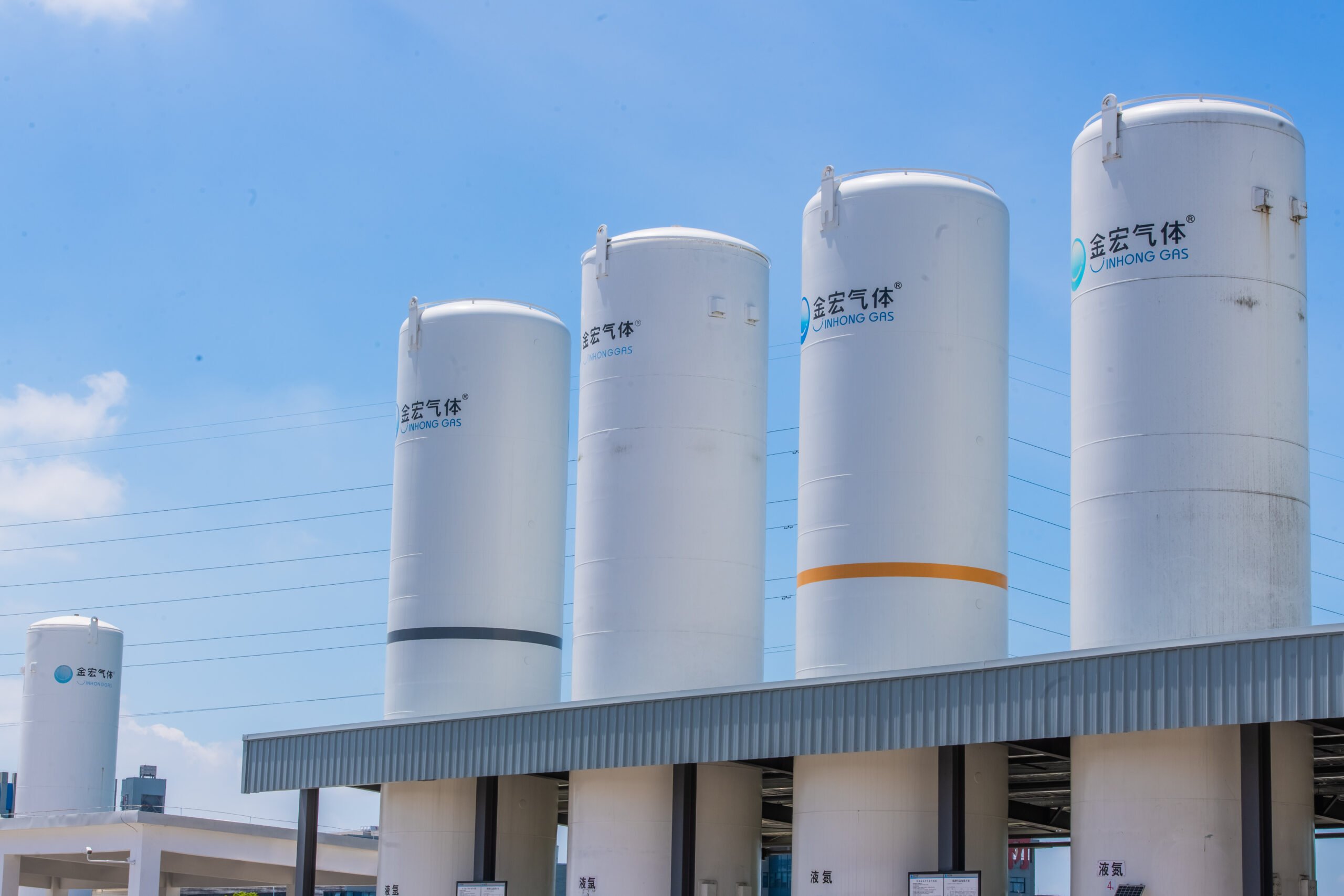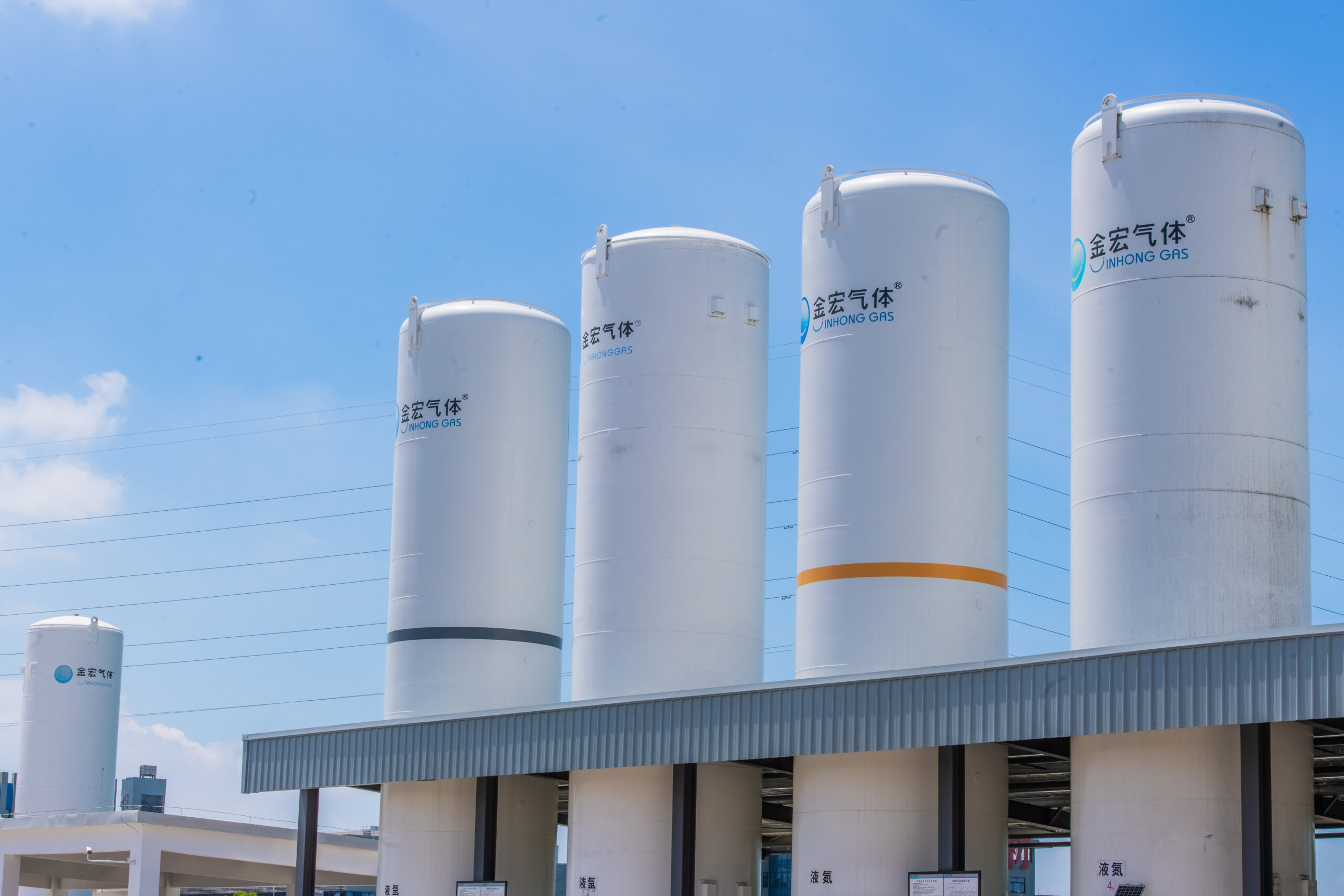Helium is a pressurized gas used to transport liquid propellants (such as liquid hydrogen, liquid oxygen, liquid fluorine, etc.). It is also used to clean motors and machine tubes for fuel injectors.
In welding and metal processing, high-purity helium is often used as a shielding gas for special welding together with high-purity argon because of its stable chemical properties. Its inertness is fully demonstrated at arc temperatures, making helium an ideal choice for welding high thermal conductivity materials such as aluminum, stainless steel, copper and magnesium alloys. It can also be used as a quenching and furnace gas in heat treatment processes to further improve the durability and quality of parts. The demand for ultra-pure helium in the aerospace field is also extremely urgent. In rockets and spacecraft, helium is used as a pressurized gas for transporting liquid propellants such as liquid hydrogen and liquid oxygen. From manufacturing to flight, space flight operations use helium to purify hydrogen systems, while ground and flight fluid systems use it as a pressurizer. In addition, helium is widely used as a lift source for meteorological and other observation balloons.
There is also a wide demand for helium in the automotive and transportation equipment fields. Helium is used to test key automotive components such as radiators, heat exchangers, air conditioning components, fuel tanks and torque converters to ensure that their quality meets specifications. At the same time, helium can work in synergy with argon in the inflation operation of airbags to provide a more stable gas source. The field of electronic manufacturing is also inseparable from the help of helium. In the manufacturing process of semiconductors, liquid crystal panels and optical fiber lines, helium can achieve rapid cooling of parts and improve productivity. In addition, it can control the rate of heat transfer, optimize production efficiency and reduce defects. In addition, helium is widely used in the field of scientific research. For example, in gas chromatography, helium is selected as a carrier gas for vacuum leak detection due to its good permeability and non-flammability. At the same time, the chemical stability of helium also plays a vital role in the cooling of nuclear reactors, heat exchange and cleaning of enriched uranium diffusion elements.



